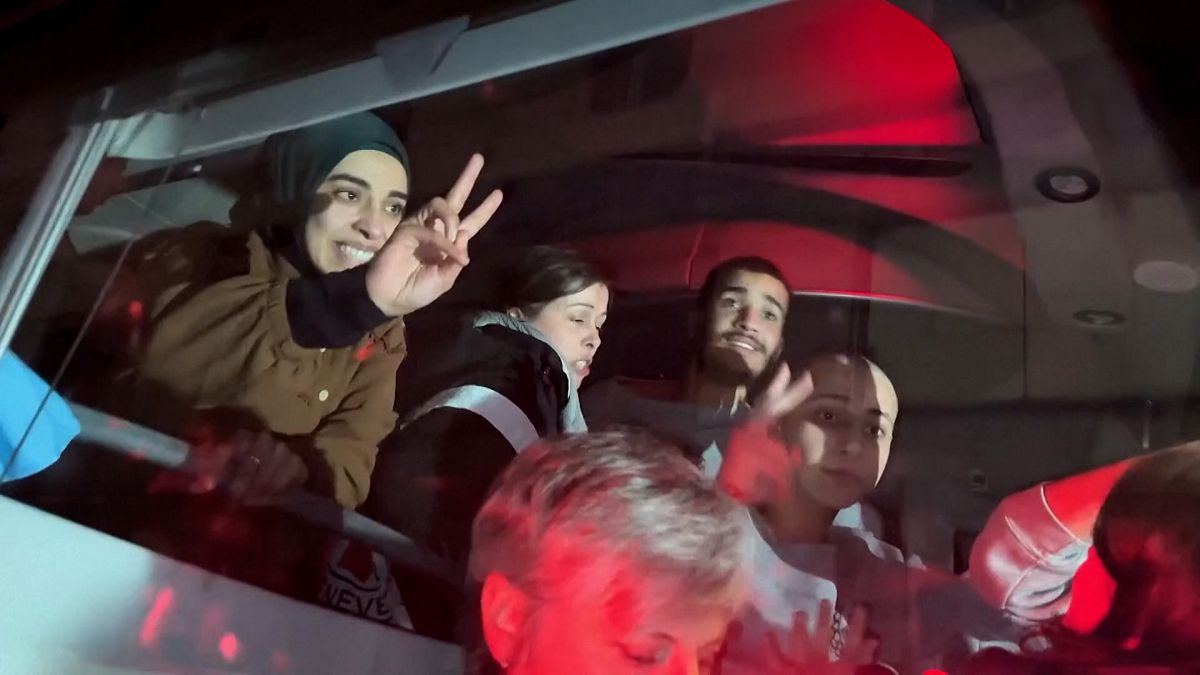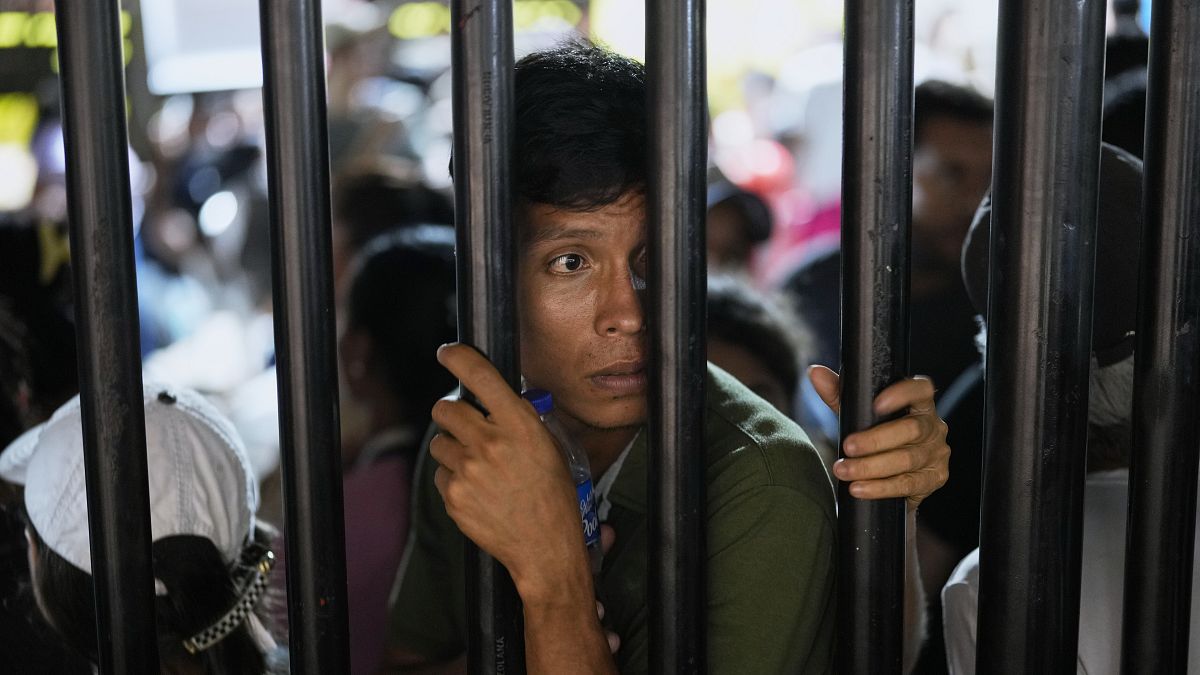In November, following several failed attempts, politicians of all stripes approved a bill to overhaul legislation that has been in effect since 1887, reflecting a deep-rooted practice that violates the rights of children and adolescents: according to the United Nations Children’s Fund (UNICEF). one in five girls aged between 14 and 18 is in a union.
“This approval has been possible because we have gathered the consensus of all political parties, highlights Senator Clara López. “It not only implies prohibition but also a robust public policy that reflects changing customs and raises awareness among the population about the great harm done to children and adolescents with marriages and unions”.
Courtesy Leonardo Vargas/Press Senate of Colombia
Activists celebrate the elimination of child marriage in the Colombian Parliament.
Advancing children’s rights
“We want to congratulate Colombia on the magnificent news,” says Bibiana Aido Almagro, the head of UN Women in Colombia.
“These practices severely affect the rights to life, health, education, and integrity of women and girls and negatively impact their development.”
Andrea Tague Montaña, gender and development officer at UNICEF in Colombia, agrees that the decision is a positive move.
“Child marriages and early unions are understood as harmful practices that not only lead to gender violence but also cause the victims, especially girls, to fall into poverty,” she warns. “They reinforce discrimination and the idea that the best thing that can happen to them is to marry and have children”.
By entering into an unequal power relationship with older partners, explains Ms. Montaña, girls have few opportunities to decide if they want to have sexual relations, how many children they want to have, or what kind of life they want to lead.
“They enter scenarios where, in many cases, they start fulfilling adult women’s roles. Child labour, domestic work, and caregiving become their almost daily tasks,” adds the UNICEF official.
“These are girls who stop studying, who lose their rights by entering an early union. It is important to call on society to stop normalizing early unions; this is a violation of rights. Girls do not stop being girls because they are living with a man”.
The bill also establishes actions to strengthen national public policy on childhood and adolescence, including measures to restore the rights of children and adolescents affected by underage marriages and unions, with a special emphasis on remote rural areas – ensuring that indigenous peoples and other vulnerable communities can take part.
The new law comes into effect once it is signed by President Gustavo Petro.

 By The European Times | Created at 2025-01-20 10:16:42 | Updated at 2025-01-20 13:05:37
3 hours ago
By The European Times | Created at 2025-01-20 10:16:42 | Updated at 2025-01-20 13:05:37
3 hours ago








